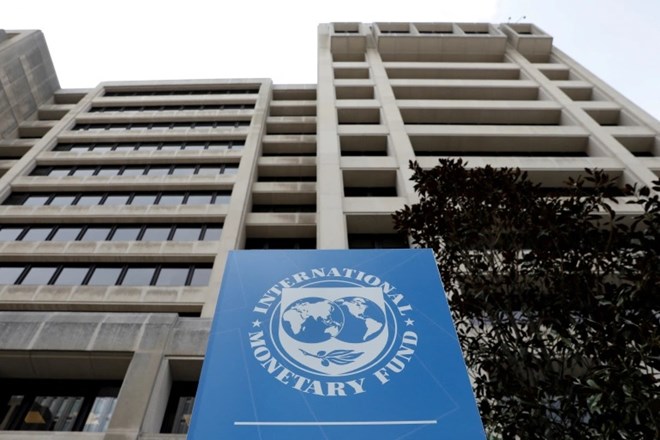Following a staff-level agreement, the International Monetary Fund (IMF) announced that it had given 8.9 million dollars to Somalia.
Despite the difficulties brought on by a severe food crisis, the IMF executive directors applauded the Somali government’s commitment to economic reforms and the Heavily Indebted Poor Countries (HIPC) process.
In a statement released on Wednesday night, the IMF stated that the group “asked for continued efforts by the authorities and continuous help from international partners to address the humanitarian crisis and minimize climate vulnerability to avert food crises in the future.”
It praised the ongoing changes to enhance the governance and legislative frameworks of the central bank, particularly the adoption of the IMF Safeguards recommendations and the expansion of the central bank’s capacity for financial regulation and supervision.
Further efforts are required, according to the IMF, to enhance national development plan execution, foster financial deepening, and promote inclusive growth, all while ensuring budgetary sustainability.
According to the IMF, the lender praised the implementation of reforms to increase domestic revenue and urged more work on reforms to tax administration and policy, such as modernizing customs and enacting a new income tax law.
According to the IMF, Somalia is still susceptible to shocks, such as recurrent cycles of drought and flooding, higher commodity prices, and the COVID-19 pandemic, which continue to put the Somali population’s resilience to the test.

